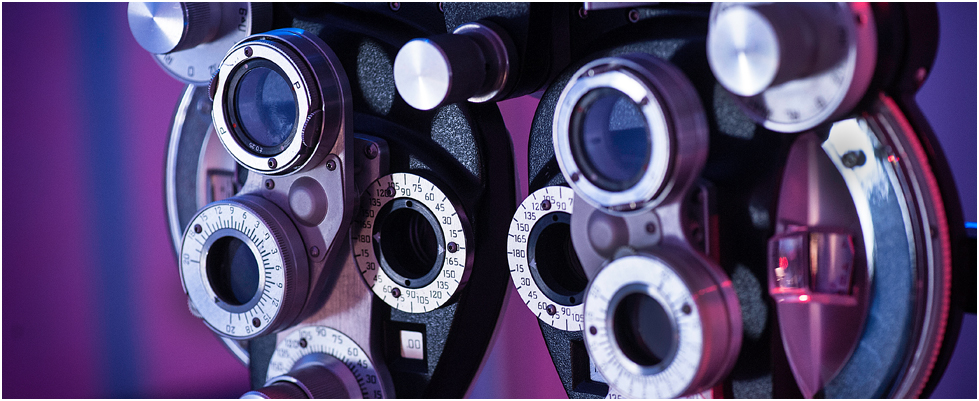About Cataract Eye Exams & Evaluation at Baltimore Washington Eye Center
An eye exam for cataracts is actually part of the standard eye examination provided by the Ophthalmologists and Optometrists at Baltimore Washington Eye Center. In general, a cataract is relatively simple to detect and diagnose by your eye doctor when performing the slit lamp exam, especially after the pupil is dilated. The slit lamp exam will allow the doctor to thoroughly examine the crystalline lens of your eye where cataracts actually form. If a cataract is forming or present he or she will note its location and density as well as the overall clarity of the crystalline lens.
Symptoms of Cataracts
You may have given your doctor some indication that a cataract might be present if you shared some symptoms of cataracts that might be affecting your vision. For example, you may complain of a mild blurring of your vision and feel that you might need a change of eyeglasses. If you have a cataract, you may notice that it is not as easy to see well and comfortably in dim illumination, such as for night driving. Also, you may notice that colors look faded and are bothered by glare, haloes, light sensitivity and a continuing decrease in your vision. These are the visual symptoms that are common for those patients whose crystalline lens has clouded and formed a cataract. If you are experiencing one of more of these symptoms please be sure to let your eye doctor know at your eye exam.
Additional Cataract Testing & Measurements
Typically, once a cataract has been diagnosed at during your eye exam, it is not necessary to perform any additional specialized testing to confirm the diagnosis. However, once diagnosed, should you find that the presence of a cataract is having a personally meaningful impact on your vision, mobility or lifestyle, you need to let your Baltimore Washington Eye Center doctor know so that they can determine whether having cataract surgery and lens implants might be a good next step to help maintain your overall quality of life. If you do decide to have cataract surgery and lens implants, then it will be necessary to perform some additional testing which might include Optical Coherence Tomography (OCT) to be absolutely sure of the integrity and health of the center of the retina called the macula, Biometry to determine the length of your eye which is required for calculating the proper lens implant prescription, Corneal Topography to determine the presence and location of any astigmatism that might need to be corrected, Pachymetry to determine the thickness of your cornea, and Tear Film analysis to carefully examine the quality and quantity of tears as this is important for eye healing and visual recovery after cataract surgery.
Patients needing a cataract eye exam and evaluation in the greater Baltimore or Washington, D.C area are encouraged to call us at 800-495-3937 to schedule an appointment.


